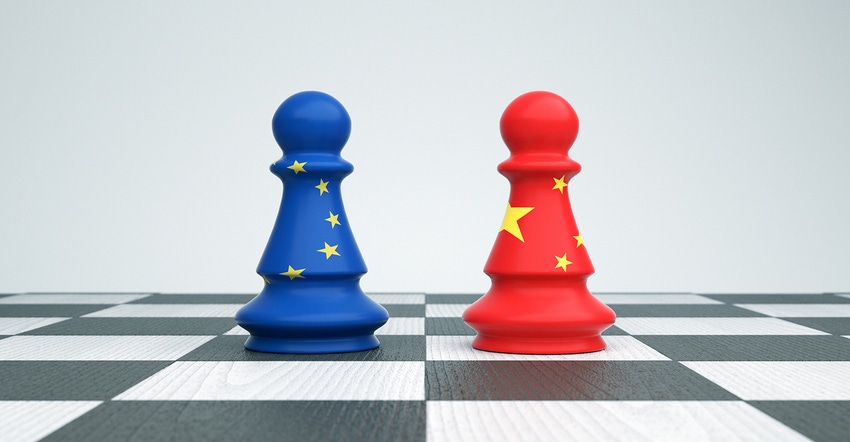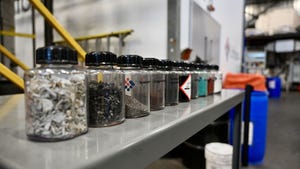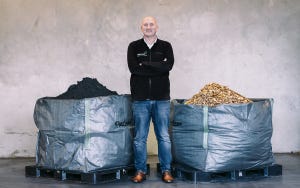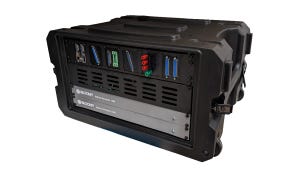To keep up with the growing demand for batteries, nations around the globe look to secure their supply chains.
April 26, 2023

With the continual development of battery-powered products, it’s no secret that the battery industry is growing at an astronomical rate now. In fact, analysts at Grand View Research recently reported that the global battery market was valued at $104.31 billion in 2022, and is excepted to continue to grow at 15.8% year over year.
It seems clear that the demand for batteries is going to continue well into the future, but the real question is: how will the supply keep up? This exact question is at the forefront of leaders of many of the world’s most powerful organizations, including technology companies and large governments.
Recent news has shown that, to stay ahead of the battery demand, world governments have been committing themselves heavily to secure their supply of raw battery materials. In this piece, we’ll take a look at some recent news surrounding government investment in battery materials.
EU seeks US deal
Some major news in the battery materials world as of late has been the ongoing talks between the European Union and the United States.
The root of the talks comes from the Inflation Reduction Act (IRA), signed into law last summer, in which the United States government requires domestic companies to source a certain percentage of their raw materials for EV batteries from the United States or its free trade partners. Vehicles that comply with this regulation will be eligible for subsidies up to $7,500 per vehicle.
Because of this, and other such incentives in the act, there has been a growing fear in areas such as Europe and Japan that companies would uproot their operations and move them to the US to gain tax incentives.
To find a solution, the EU and the US have recently been involved in trade talks to give EU companies access to some of these benefits. Specifically, the EU and US are discussing a deal in which the European Union is granted an equivalent status as a trade-accord partner, making materials from this region eligible for tax incentives as laid out by the IRA.
China’s big investments
When we look at a different part of the world, we see that the same concerns are brewing.
Recently, the United States and Europe have made a conscious effort to minimize their reliance on Chinese material exports for EV battery manufacturing. Since China is not considered a free-trade partner with the US, companies that source their battery materials from China are at a disadvantage by not receiving subsidies.
In response, China is now making aggressive investments in battery material supply chains in other regions of the world. Specifically, the Chinese company Gochin recently announced that it intends to invest $10B into lithium mines in Afghanistan. Along with this, China has been investing in the supply chain of regions including Australia and Latin America.
By doing this, China intends to increase its supply of battery materials exponentially. This will result in significantly cheaper materials which they hope entices countries to source their materials from China in spite of the potential loss in subsidies.
Material struggles
Today’s economy is a truly global one, where the actions of one country have direct impacts on others. When the US signed in the IRA, it set off a chain of events that lead major world governments to compete heavily for the battery material supply chain. With countries like the EU and China now responding to the IRA, it will be interesting to see how the global battery material supply chain shapes up in the coming years.
About the Author(s)
You May Also Like





